Slim and sleek
Nest Doorbell
Pros
- Wire-free setup with battery
- Works with other compatible smart home gear
- Weather-resistant design
- Thin and narrow design
Cons
- Requires Nest Aware subscription for full benefits
- No continuous 24/7 recording (only up to 10 days)
The new Nest Doorbell is a great addition to any smart home, letting you see who is at the door and speak to them, whether you're home or not. The ability to distinguish among people, packages, animals, and cars, along with the vertical field-of-view, sets it apart.
Ring of security
Ring Video Doorbell 4
Pros
- Wire-free setup with battery
- Works with other compatible smart home gear
- Weather-resistant design
- Useful Pre-Roll feature to see what happened before an event
Cons
- More expensive
- Requires Ring Protect subscription to get the most out of it
Costing a bit more than the Nest Doorbell, the Ring Video Doorbell 4 has some compelling features that might sway you towards this one instead. Pre-Roll is among the most useful, letting you see four additional seconds of color video before an event occured.
Video doorbells are one of the hottest categories in smart homes, combining both a security camera with a high-tech doorbell that can let you see who's at the front door no matter where you are, along with many other features. But when it comes time to buy, however, the decision is tough. There are so many options. When considering two of the newest models — the Nest Doorbell vs. Ring Video Doorbell 4 — the decision is even more difficult since they're both solid products that come in at around the same price. But looking deeper, there are a few differences that could sway you towards one model or another.
| Nest Doorbell | Ring Video Doorbell 4 | |
|---|---|---|
| Camera Resolution | 1,080p HDR video | 1,080p HDR video |
| Connectivity | Battery-operated | Battery-operated |
| Field-of-View | 146° Diagonal (Vertical) | 160° Horizontal, 84° Vertical |
| Digital Zoom | 6x | 6x |
| Two-way Talk | Yes | Yes |
| Weather-Resistant Temperature Range | 40°F – 104°F | 50°F – 120°F |
| Colors | Snow, Linen, Ivy, Ash | Black/Silver |
| Detection | People, Packages, Animals, Vehicles (Faces with Nest Aware) | People |
| Subscription Option | Nest Aware | Ring Protect |
| Dimensions | 1.8 x 0.95 x 6.3 inches (46 x 24.1 x 160mm) | 5.1 x 2.4 x 1.1 inches (128 x 62 x 28mm) |
These video doorbells are pretty similar in regards to their feature set but depending on where you live and why you want a video doorbell, one might emerge as the better option.
Nest Doorbell vs. Ring Video Doorbell 4: It's all about the look
The way these two video doorbells look marks one of the main differences. The Nest Doorbell is slim and sleek, taller than the Ring Video Doorbell but much narrower. The Ring, by contrast, employs Ring's signature style, which is defined by a rectangular shape finished in black with a silver satin nicker faceplate. You do, however, get a digital coupon for a free additional faceplate if you wish to switch up the look. The Nest Doorbell offers a bit more customization, though, since it comes in four finish options: Snow, Linen, Ivy, or Ash.
Both are also battery-powered so you can install them wire-free. This will come in handy for anyone who doesn't want to mess with the existing doorbell wiring as well as those who live in rental homes or apartments. They are both simple to install and remove when you need to recharge the battery.
If you choose to, you can also wire them in with the existing doorbell system. If you want to leave the Nest Doorbell set up without wires, you can pair it with a Nest Mini smart speaker to hear an audible chime any time somebody rings the doorbell. You can also hear it from your phone or other Google Assistant-enabled device alert. Indeed, the Nest Doorbell can be integrated with other compatible products to work together, from smart locks to lighting and more.
Similarly, the Ring Video Doorbell can work with your smartphone to notify you when someone is at the door, or other compatible smart products, like the Echo Show smart displays or smart locks from Schlage. It works with Alexa voice control as well.
Both are weather resistant but the temperature range is fairly different: the Nest Doorbell can work in temperatures as frigid as 40 degrees Fahrenheit and as sweltering hot as 104 degrees Fahrenheit while the Ring Video Doorbell 4 needs slightly warmer temperatures of 50 degrees Fahrenheit to work and will work up to sweat-inducing 120 degrees Fahrenheit. Speaking from the perspective of someone who lives where winter days can easily reach below freezing levels, the Nest might be the better option to ensure it functions properly through the winter months.
It's easy to see why an Amazon-friendly household might prefer the Ring Video Doorbell 4 while a family that lives more within the Google ecosystem might want to opt for the Nest Doorbell to ensure compatibility with most devices. Of course, if you aren't tied to either platform, it will be important to consider other factors.
Nest Doorbell vs. Ring Video Doorbell 4: Video, recording, motion, and more
Naturally, the most critical features of a video doorbell relate to how they work. Can they capture crisp and clear video footage or live views that you can access easily? Can they detect motion to trigger "event" recording? Can they distinguish between a potential thief and a passing car? Both of these video doorbells accomplish this, but each has its own unique twist.
Both cameras capture 1080p HD video with HDR and night vision so you get clear video whether it's day or night. The Nest Doorbell, however, goes against the grain by capturing vertical footage with a 145-degree diagonal field-of-view. That way, you can see a person standing at the door from head to toe versus just the top half of their body. This also means you can see packages that are left at the front door. That's a huge deal for those who get a lot of deliveries.
With that said, the Ring Video Doorbell 4 offers a 160-degree field-of-view horizontally and 84-degree field-of-view vertically, giving you a pretty wide look at what's around your door.
Both can detect motion and let you know if someone is approaching the door or within the general area of your property. With the Nest Doorbell, you can receive smart alerts when activity is detected. It can even detect the difference among people, packages, animals, and vehicles. If you upgrade to add the Nest Aware subscription, which comes in at a monthly fee, it can even notify you when a familiar face is detected, like the dog walker or neighbor. One big difference, however, is that the Nest Doorbell can't handle 24/7 continuous video recording.
The Ring has a neat feature called Pre-Roll that will show you four seconds of extra color video before an event occurs so you know what led up to it. You can also see video previews of motion detection without actually having to open the app, which is useful so you don't waste time. You need a Ring Protect subscription, however, to access this feature along with the ability to record videos, capture still photos, and customize photos to receive alerts only when it recognizes people.
While a subscription is fairly affordable, it's still yet another recurring bill to add to the mix each month. You do save if you get the Plus plan that covers all Ring devices throughout the home. With that said, this video doorbell makes the most sense as part of a larger Ring system and if you subscribe to Ring Protect. It does come with a 30-day trial so you can check it out first.
Both, it should be noted, include two-way audio via built-in mics and speakers, so you can talk to someone at the door. They also include quick replies so you can send preset responses if you're in a hurry and ask the person to leave a message.
Nest Doorbell vs. Ring Video Doorbell 4 Which should you choose?
It's a tough decision when looking at the Nest Doorbell vs. Ring Doorbell 4. They're both great products with specific features that help them stand out amongst the competition. In both cases, you get the most out of them when you subscribe to the monthly service
The biggest issue with the Nest Doorbell is the lack of 24/7 continuous recording, even with a Nest Aware subscription, which means you could miss a pivotal moment if the motion trigger wasn't set off. That could be enough to swing someone towards the Ring Video Doorbell 4.
With that said, the ability to differentiate between people, packages, animals, and vehicles is great, and the vertical orientation of the camera could prove more useful for those who want to see what someone is holding, not just who they are. The design of the Nest Doorbell is also sleeker.
Bottom line: If you have other Ring products, it's a no-brainer to go with the Ring Video Doorbell 4. Which smart speakers or displays could dictate the choice, and as someone who owns and uses a Ring video doorbell, I'm happy with it and would recommend one without hesitation. But the Nest Doorbell offers some compelling reasons to consider it, too. Whichever way you go, it's worth budgeting for the subscription to the service so you get the most out of it.
If neither of these fit the bill, there are other great video doorbells to choose from that have subscription fees as well as ones that don't. Conversely, if you need something more feature-rich, you might want to look at an alternative, like the Ring Video Pro Doorbell 2, which adds features like a bird's eye view of what's going on.
Peek-a-boo, I see you
Nest Doorbell
Guess who?
Features like the ability to determine if it's a person, animal, or vehicle triggering motion and even detect familiar faces when you add the Nest Aware subscription are enticing options. But the lack of 24/7 video recording might sway your decision.
Get pre-rolled
Ring Video Doorbell
Knock, knock, who's there
$200 at Amazon $200 at Best Buy $200 at Bed, Bath & Beyond
If you've ever found that the events leading up to the event that your security camera recorded are critical, the Pre-Roll feature in this video doorbell will be a welcome addition, giving you an extra four seconds of footage to see what happened before. But note the operating temperatures if you live where temps tend to drop below freezing, or close to it.


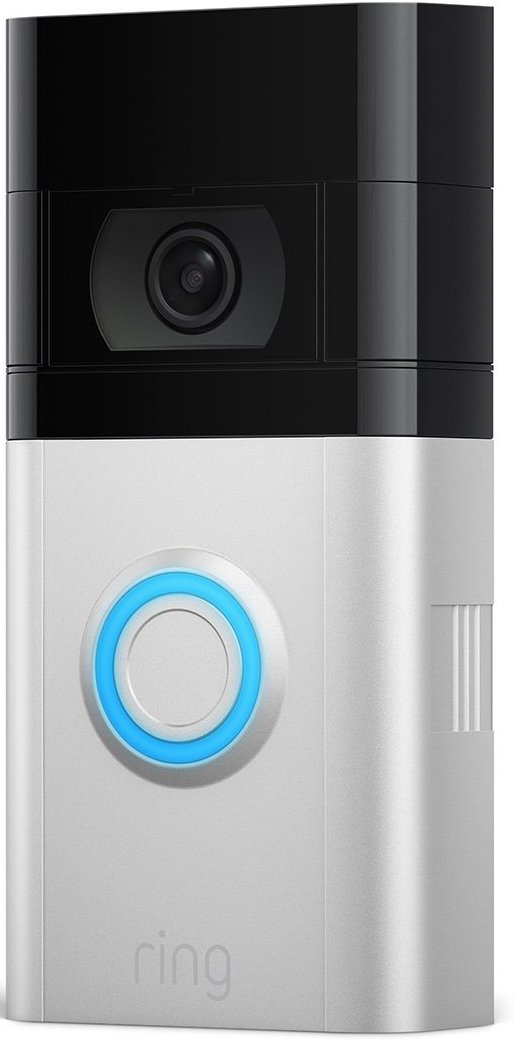
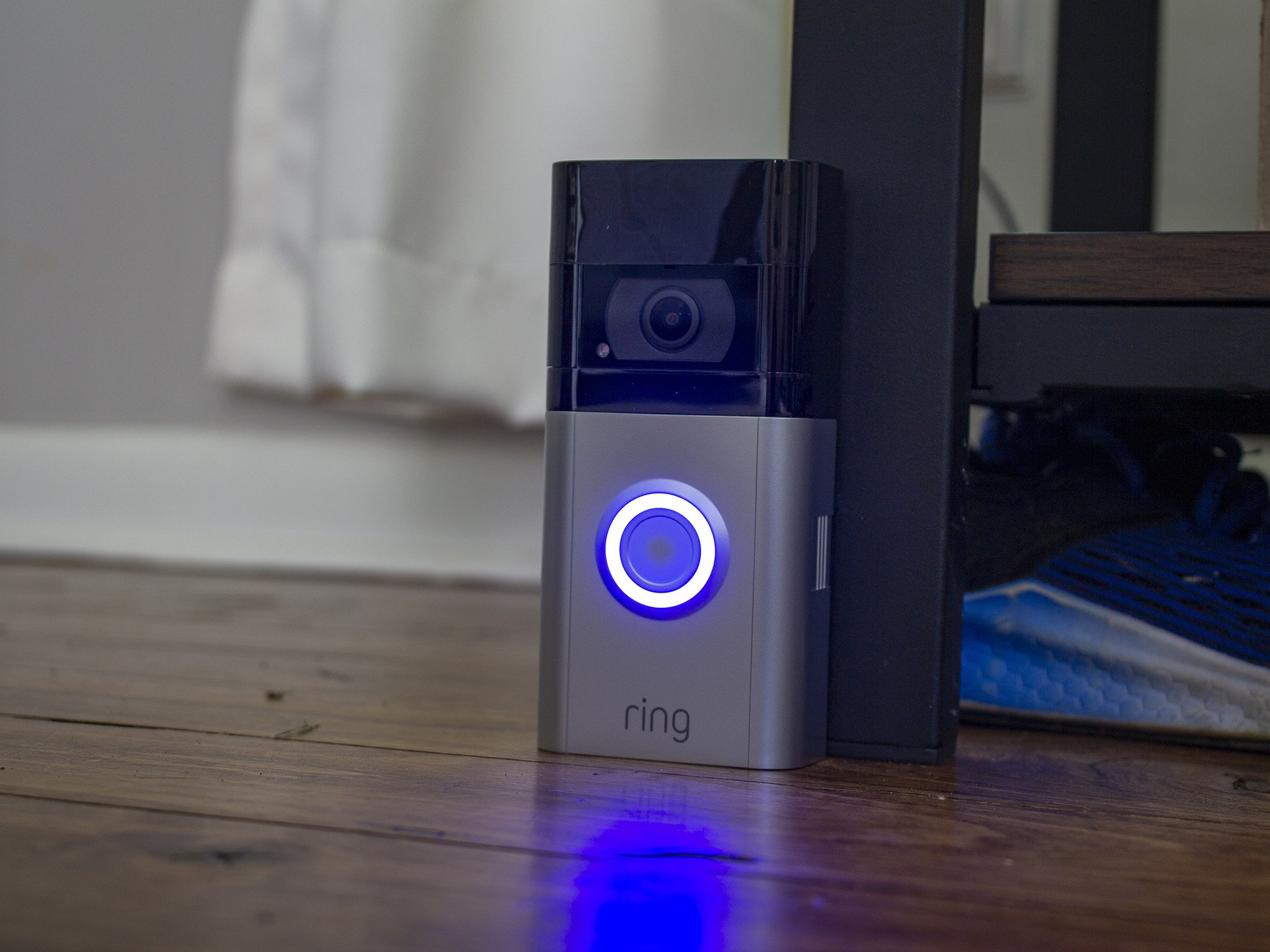
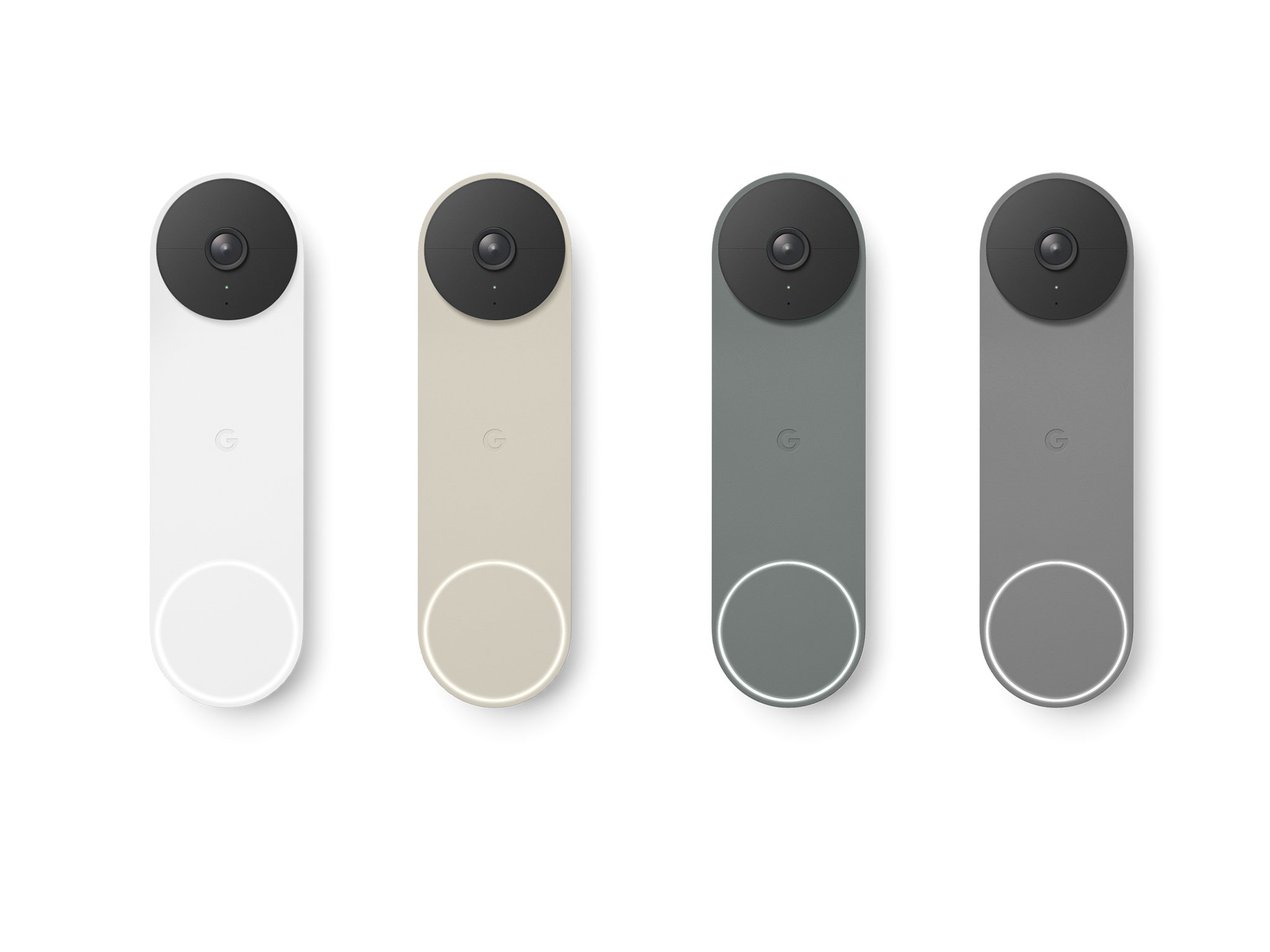
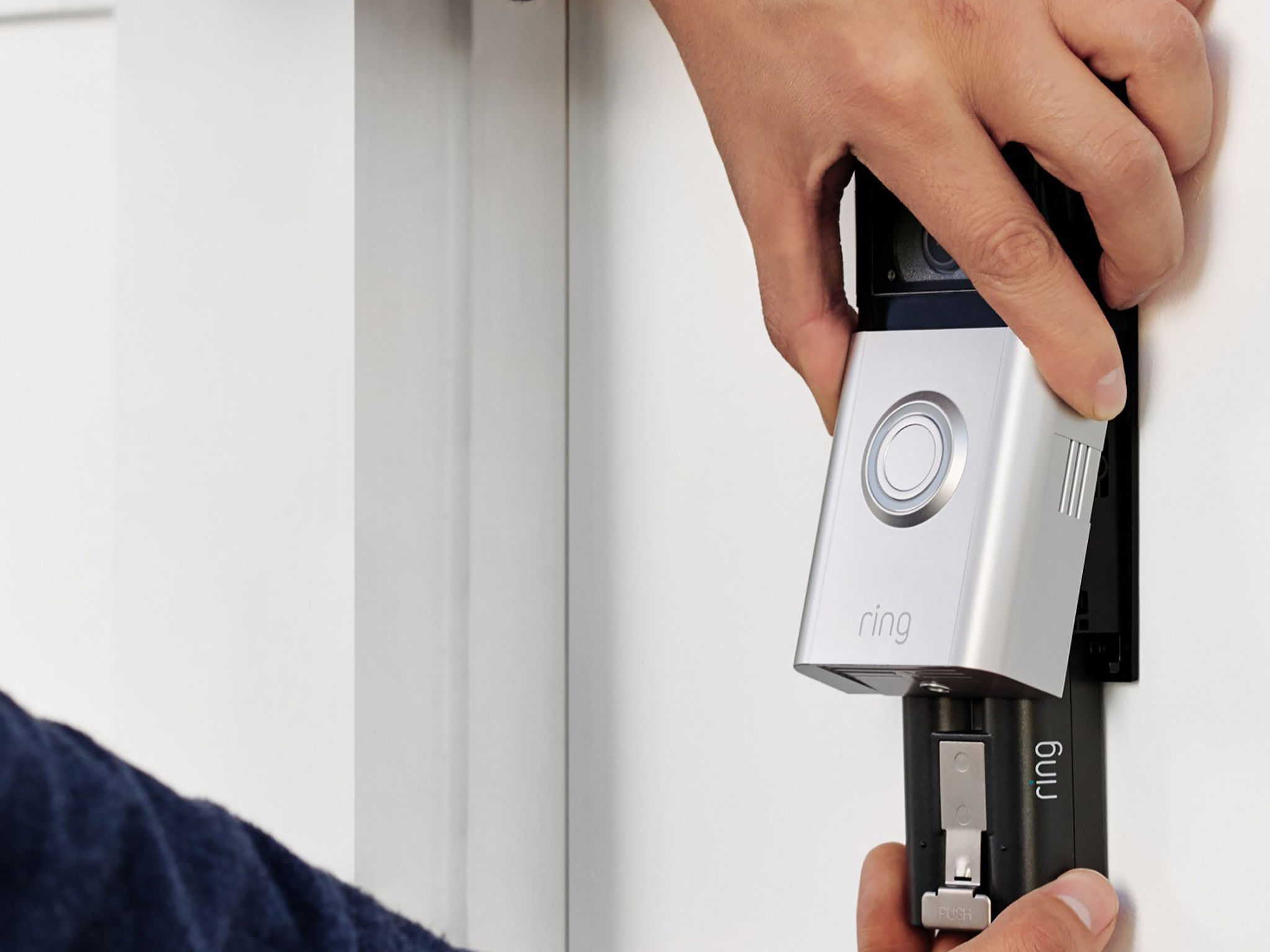

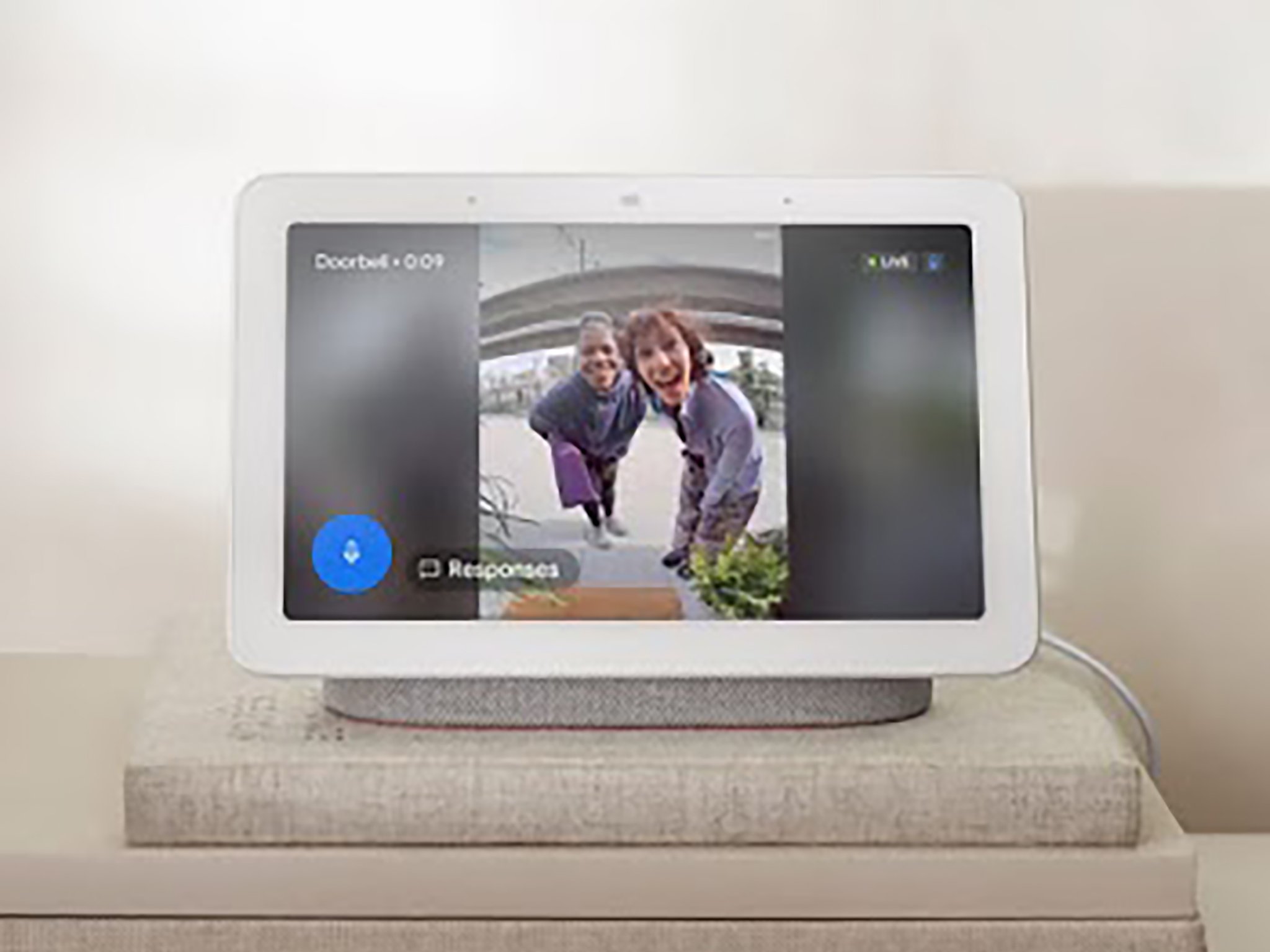
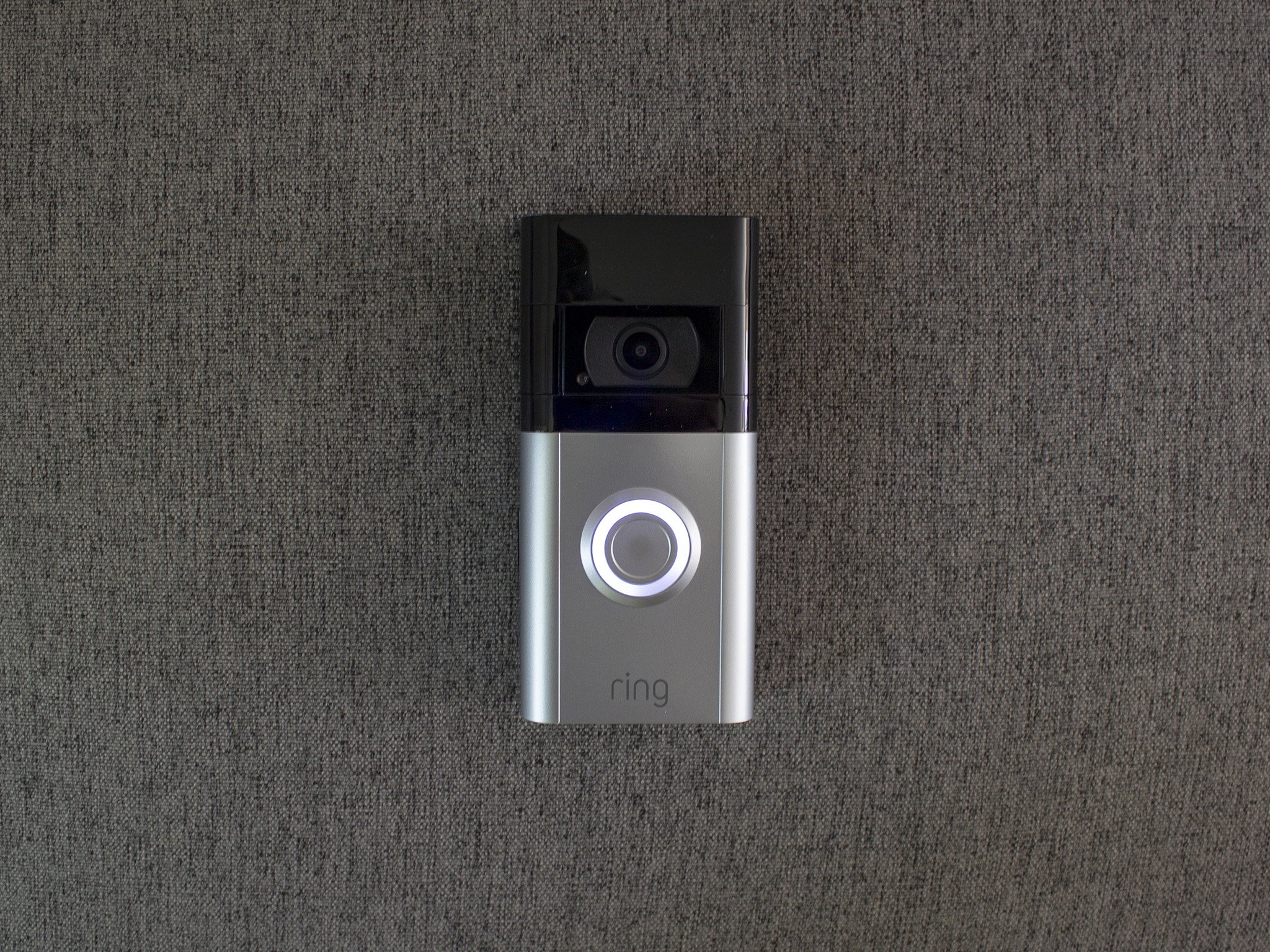
Post a Comment